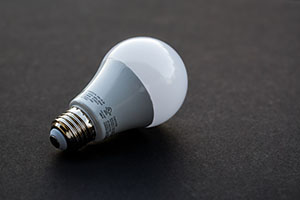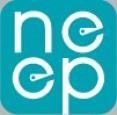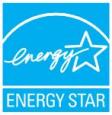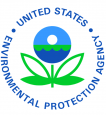Efficiency
The cleanest, most affordable unit of energy is the unit not used.
 Energy conservation and efficiency measures, which reduce the demand for electricity generation and the amount of fuel needed for lighting, heating/cooling and appliances are among the most effective measures for reducing air pollution and energy costs. Implementation of these measure translate into improved public health and environmental quality, and result in economic benefits to energy-use sectors.
Energy conservation and efficiency measures, which reduce the demand for electricity generation and the amount of fuel needed for lighting, heating/cooling and appliances are among the most effective measures for reducing air pollution and energy costs. Implementation of these measure translate into improved public health and environmental quality, and result in economic benefits to energy-use sectors.
Energy conservation focuses on eliminating the consumption of energy unnecessarily and energy efficiency focuses on extracting the most work from every energy unit consumed. Energy conservation and efficiency go hand-in-hand, reducing the demand for energy and improving the ultimate performance or service that is provided. Energy conservation and efficiency practices take advantage of advances in technology to provide significantly better, smarter, more cost-effective products and services.
Highly-efficient technologies now exist for almost every end use. Examples include replacing existing appliances with more modern, energy-efficient models, installing highly-efficient air source heat pumps and other highly-efficient heating systems in buildings, increasing insulation in the walls and attics as well as air-sealing the window and doors in buildings, optimizing systems for lights and heating/cooling, and purchasing more fuel-efficient vehicles, including electric vehicles.
Related Content
Energy Efficiency Programs and Resources
- NHSaves: New Hampshire’s electric utilities, as directed by the legislature, established the NHSaves Program, a statewide energy efficiency program to provide New Hampshire customers with information, incentives and support designed to save energy, reduce costs, and protect our environment statewide. For more information check out the NHSaves website.
- Energy Efficiency Resource Standard: New Hampshire recently adopted an Energy Efficiency Resource Standard (EERS) as part of its ongoing efforts to increase the amount of energy efficiency that is “captured” each year by the regulated gas and electric utilities. An EERS establishes specific, long-term targets for energy savings that program administrators must meet through customer energy efficiency measures. For more information about EERS programs see EERS website.
- Audits and Weatherization Program: The Audits and Weatherization Program finds you ways to save money and help the environment by improving a home’s energy efficiency. One of the best ways to understand the opportunities to realize energy savings and, ultimately, make your home more comfortable begins with a home energy audit. Get started by visiting the NHSaves webpage and using the Home Heating Index tool and other resources to see what programs your home may qualify for. For more information, check out NHSaves' Audits and Weatherization Program webpage.
- Database of State Incentives for Renewables & Efficiency (DSIRE): DSIRE is the most comprehensive source of information on incentives and policies that support renewables and energy efficiency in the United States. For more information on available rebates and incentives in New Hampshire, see the DSIRE website.










